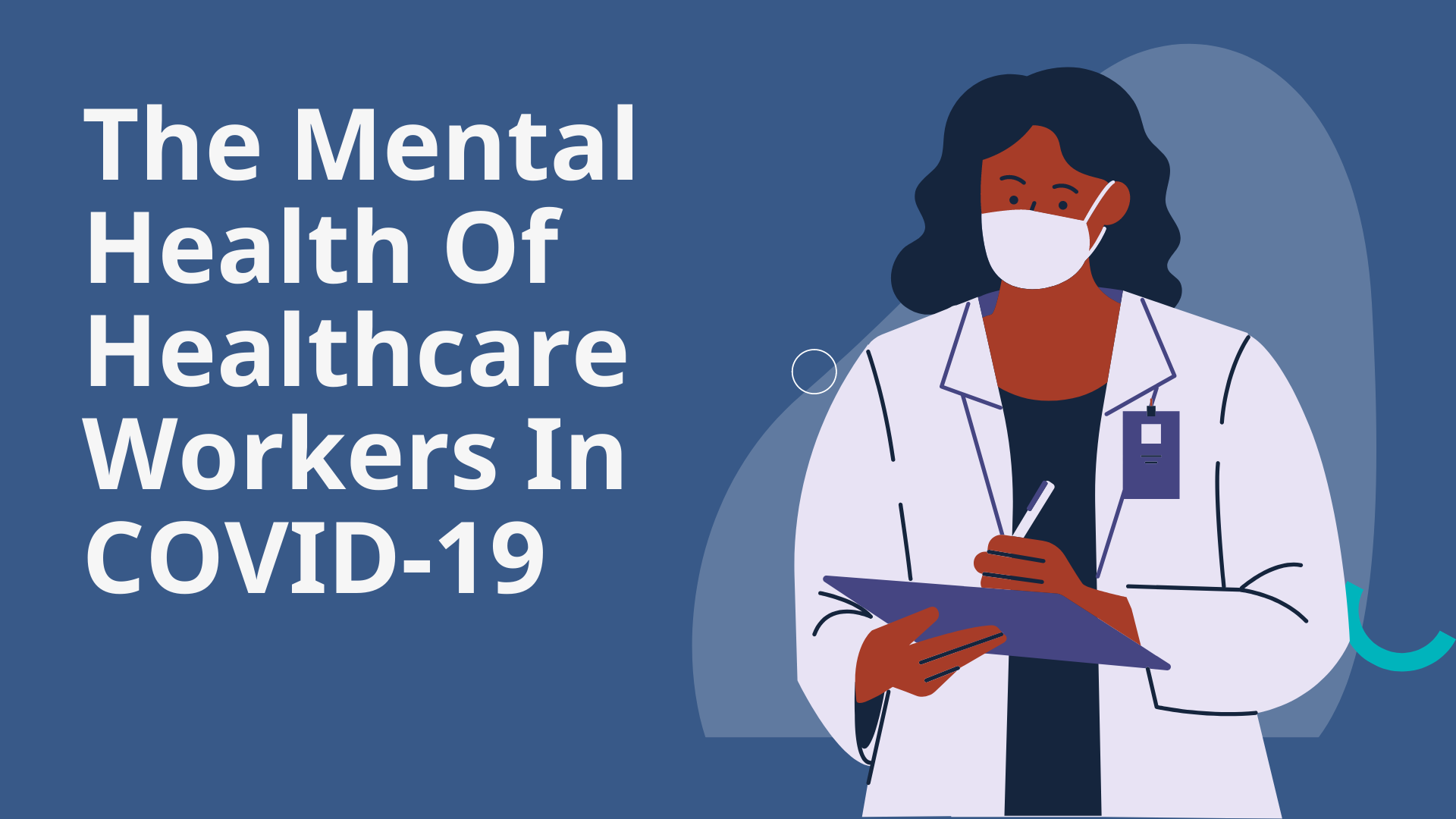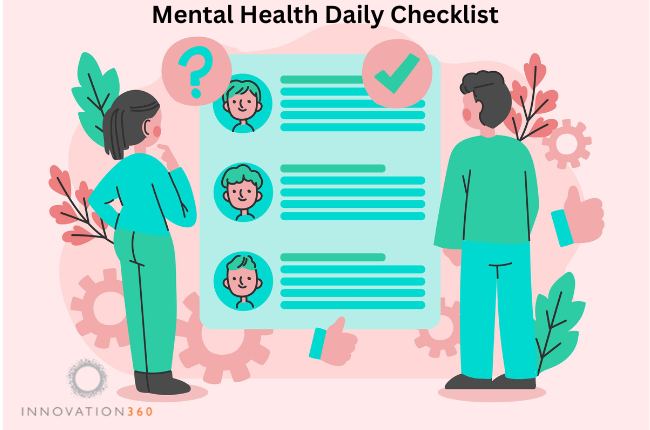Frontline Mental Health: Avoiding Burnout
How Frontline Workers Can Take Care of Their Mental Health, Avoid Burnout
Introduction:
Frontline workers face unique challenges that can impact their mental health. In this comprehensive guide, we delve into practical strategies for maintaining mental well-being, avoiding burnout, and thriving in demanding roles. From self-care techniques to fostering resilience, this article equips frontline heroes with the tools they need to prioritize their mental health.

Frontline workers discussing mental health strategies during a team meeting.
Strategies for Self-Care and Resilience
Recognizing Stressors and Triggers
Frontline workers often encounter high-stress situations. It’s crucial to identify stressors and triggers to effectively manage them. By translating these insights into behaviors, individuals can develop coping mechanisms and seek support when needed.
Practicing Mindfulness and Relaxation Techniques
Mindfulness and relaxation techniques are powerful tools for managing stress. Techniques such as deep breathing exercises, meditation, and yoga can help frontline workers cultivate a sense of calm amidst chaos.
Setting Boundaries
Setting boundaries is essential for maintaining work-life balance. Frontline workers must establish clear boundaries between work responsibilities and personal time to prevent burnout. Learning to say no when necessary and prioritizing self-care are key aspects of boundary setting.
Seeking Social Support
Building a strong support network is vital for frontline workers. Whether it’s connecting with colleagues, friends, or family members, having a support system in place can provide emotional validation and encouragement during challenging times.
Engaging in Physical Activity
Regular exercise is not only beneficial for physical health but also plays a crucial role in managing stress and improving mood. Frontline workers should prioritize physical activity as part of their self-care routine, even if it means incorporating short bursts of exercise into busy schedules.
Practicing Gratitude
Cultivating a mindset of gratitude can significantly impact mental well-being. Frontline workers can benefit from regularly reflecting on what they’re thankful for, even amidst difficult circumstances. Expressing gratitude can foster resilience and perspective.
Embracing Creativity and Hobbies
Engaging in creative pursuits and hobbies can serve as a therapeutic outlet for frontline workers. Whether it’s painting, writing, gardening, or playing music, finding activities that bring joy and relaxation is essential for mental health.
Prioritizing Sleep
Quality sleep is essential for cognitive function, emotional regulation, and overall well-being. Frontline workers should prioritize adequate rest by establishing a consistent sleep schedule, creating a relaxing bedtime routine, and optimizing their sleep environment.
Balancing Workload and Responsibilities
Finding balance in workload and responsibilities is crucial for preventing burnout. Frontline workers should prioritize tasks, delegate when possible, and communicate openly with supervisors about workload concerns.
Staying Informed Without Overwhelm
While staying informed is important, constant exposure to negative news can take a toll on mental health. Frontline workers should limit their media consumption, seek reputable sources, and take breaks from news updates to prevent information overload.
Fostering Resilience
Resilience is the ability to bounce back from adversity stronger than before. Frontline workers can cultivate resilience by reframing challenges as opportunities for growth, maintaining a positive outlook, and adapting to change with flexibility and optimism.
TEMPLE, Texas — Medical professionals have been on the front lines to fight COVID-19 for almost a year. According to multiple studies, it has taken a toll on people’s mental health. In this week’s “Your Best Life,” 6 News Anchor Leslie Draffin spoke with a Dallas-based clinical psychologist about how to combat burnout and stress, especially if you’re a frontline worker.

A frontline worker practicing mindfulness and relaxation techniques during a break.
The Toll on Frontline Workers’ Mental Health
- Stress: A mental health survey of healthcare workers reveals staggering statistics, with 93% reporting stress.
- Anxiety: 86% of frontline workers are experiencing anxiety, contributing to the overall burden on mental well-being.
- Frustration: 77% of healthcare workers report feelings of frustration, highlighting the challenges they face in their roles.
- Exhaustion and Burnout: 76% of frontline workers are experiencing exhaustion and burnout, underscoring the toll of prolonged exposure to traumatic experiences.
- Overwhelm: 75% of healthcare workers feel overwhelmed by the demands of their work, further exacerbating their mental health struggles.
FAQs
How can frontline workers manage stress on the job?
Frontline workers can manage stress by practicing mindfulness, setting boundaries, seeking social support, and engaging in self-care activities.
What are some effective relaxation techniques for frontline workers?
Effective relaxation techniques for frontline workers include deep breathing exercises, meditation, progressive muscle relaxation, and guided imagery.
How important is it for frontline workers to prioritize self-care?
Prioritizing self-care is crucial for frontline workers to maintain their mental health, prevent burnout, and sustain their ability to provide quality care to others.
What role does social support play in the mental health of frontline workers?
Social support plays a significant role in the mental health of frontline workers by providing emotional validation, encouragement, and a sense of belonging during challenging times.
How can frontline workers foster resilience in the face of adversity?
Frontline workers can foster resilience by reframing challenges as opportunities for growth, maintaining a positive outlook, and adapting to change with flexibility and optimism.
What are some signs of burnout that frontline workers should be aware of?
Signs of burnout in frontline workers may include feelings of exhaustion, cynicism or detachment from work, and reduced effectiveness in job performance.
“We’re not usually part of the story,” said Dr. Kevin Gilliland, a Dallas-based clinical psychologist. “There are times in our life that we’re going through something similar to our patients. But now, everybody that comes in, we’re all part of the same stories. We’re all wrestling with some of the same issues and so that really starts to take a toll on us because those are the conversations that we have every day at work, and then we go home and have the same conversation so it’s like we don’t get away from it.”
Dr. Gilliland has helped clients battle burnout during thexd He said, “It’s always physical and it’s always psychological. It doesn’t matter what you do for a living. The symptoms look the same.”
Watch the video.



